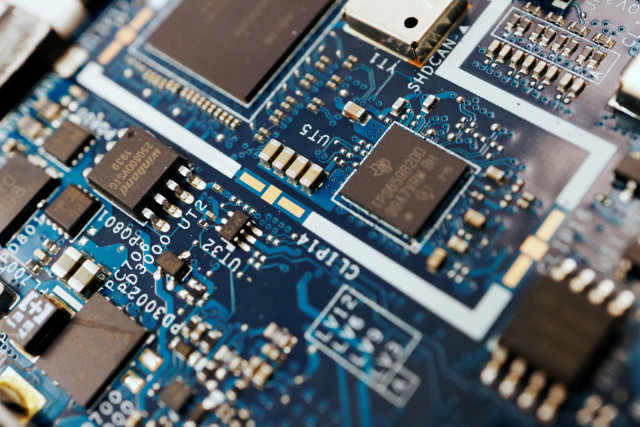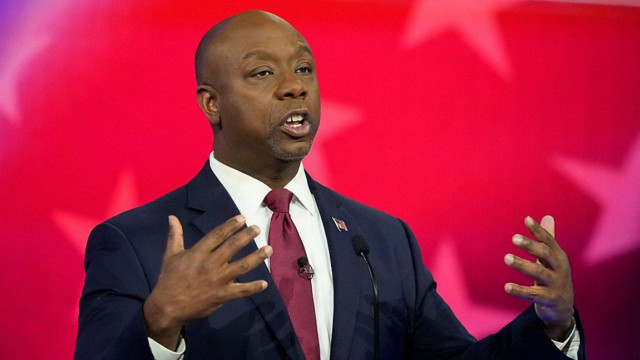US Expands Trade Controls to Safeguard Advanced Chip Technology
- Posted on October 16, 2023
- International Affairs
- By Arijit Dutta
- 521 Views
The Biden administration is taking a more robust approach to tighten the extensive measures introduced in October to restrict China's access to advanced semiconductors and chipmaking equipment. This move is aimed at preventing China, a geopolitical rival, from gaining an edge in cutting-edge technology with potential military applications.
 Image Source -www.reuters.com
Image Source -www.reuters.com
The Biden administration
is taking a more robust approach to tighten the extensive measures introduced
in October to restrict China's access to advanced semiconductors and chipmaking
equipment. This move is aimed at preventing China, a geopolitical rival, from
gaining an edge in cutting-edge technology with potential military applications.
The newly proposed rules
are designed to refine and eliminate loopholes from last year's restrictions.
According to insiders, the Biden administration plans to add Chinese chip
design firms to a trade restriction list. This will require foreign
manufacturers to obtain a US license before fulfilling orders from these
Chinese companies. Additionally, the administration intends to reinforce
controls on the sale of advanced chipmaking equipment and graphics chips to
Chinese firms.
Major US technology
companies, including Nvidia Corp. and Applied Materials Inc., have faced
substantial financial losses due to the initial restrictions imposed last year.
There is growing concern among investors that escalating trade tensions will
further impact the revenue of these US companies, given that China represents
the largest market for semiconductors, personal computers, and smartphones.
Furthermore, the administration is set to implement more stringent checks on Chinese companies attempting to circumvent country-specific restrictions by rerouting shipments and manufacturing to other locations. The new rules will continue to limit the shipment of certain chips to Chinese companies' overseas subsidiaries and affiliates. Additionally, a license will be required for exporting prohibited technologies to countries that could act as intermediaries.
Also Read:
The updated restrictions
are expected to be officially published early in the coming week, as informed
by insiders knowledgeable about the internal deliberations. Both the National
Security Council and the Commerce Department's Bureau of Industry and Security
declined to comment on these developments.
Last year's restrictions
were a bold move by the US to curb China's technological progress, particularly
in advanced chips with military applications. This has become a pivotal
geopolitical battleground between Washington and Beijing. While China has shown
its displeasure with these restrictions, it has also accelerated investments in
developing its own domestic technological capabilities.




